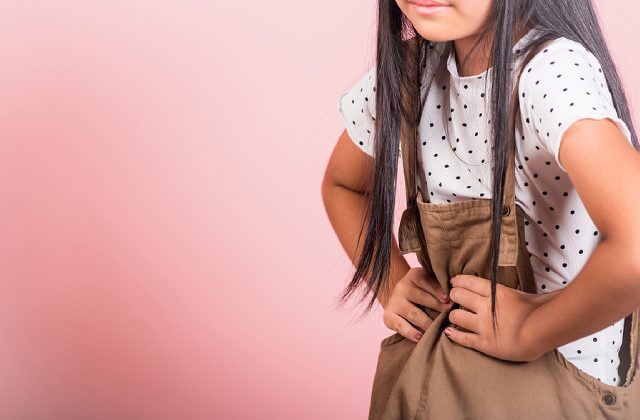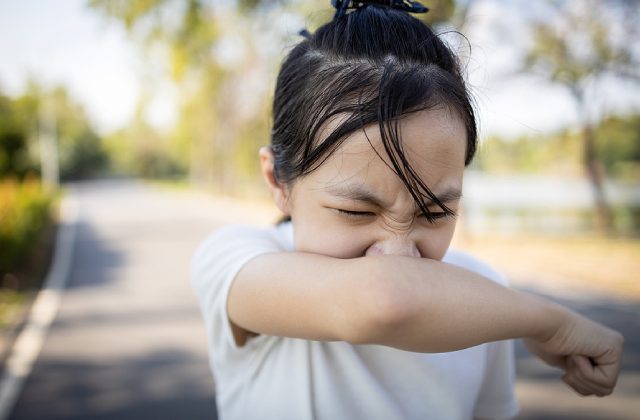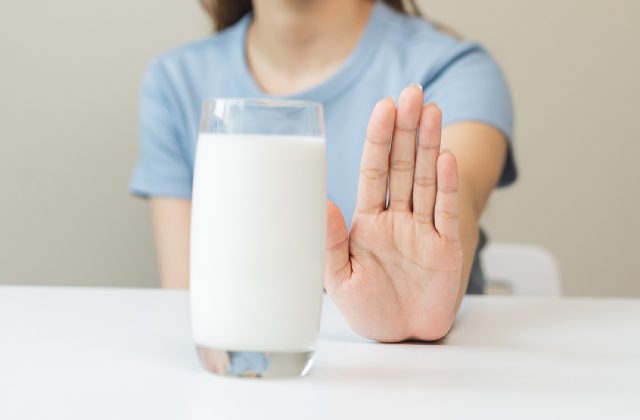
As parents, it is natural to want to protect your child from any harm. This would include the early recognition and prevention of allergies.
Allergies, while common, can be worrying and if left undiagnosed or untreated, may affect your child’s health and at time can even be life-threatening. As a parent, you might have many questions about allergies in children.
Read on to learn about the answers to these questions and concerns.
What Are Allergies?
An allergy is an abnormal and exaggerated immune response to an otherwise harmless substance. Believing this foreign substance to be dangerous, the body produces allergic antibodies which release substances like histamines. These then cause allergic reactions such as sneezing, hives, or stomach pains.
A variety of substances including dust mites, pollen, pets, insects, food and medications can cause drug allergies. While most allergic reactions may not be life-threatening, some can result in anaphylaxis, a severe reaction that can present with low blood pressure or breathing difficulties.
What Are Some Common Signs and Symptoms of Allergies?
Allergies can result in a wide range of signs and symptoms that vary depending on the type of allergy and the severity of the reaction.
Some common signs and symptoms of mild to moderate reactions include:
- Sneezing
- Coughing
- Stuffy or runny nose
- Itchy eyes
- Red, itchy, or swollen skin
- Hives or rashes
- Nausea, vomiting, or diarrhoea
If your child has a severe allergic reaction, they may experience symptoms such as:
- Breathing difficulties
- Swelling of tongue and throat
- Severe stomach pain
- Persistent dizziness or fainting
It can take up to a few hours for your child to show symptoms of an allergic reaction. If your child is experiencing a severe allergic reaction, you should call for medical attention immediately.
Is It An Allergy or a Cold?
It can be challenging to distinguish between an allergy and a cold as they share similar symptoms, like coughing and sneezing.
One key difference is the duration. Cold symptoms typically clear up after a week or so, while allergic symptoms continue to persist as long as your child is exposed to the allergen often lasting for weeks to months.
Colds might come together with other symptoms of infection such as fevers or sorethroat while allergies are not associated with these.
Can Allergies Be Prevented During Pregnancy?
Some parents might wonder if its possible to prevent allergies from developing in their child.
Do not unnecessarily your diet during pregnancy as this does not prevent allergies. Restricting your diet unnecessarily will not allow your baby to receive the nutrients essential for their growth and development.
A Mediterranean diet built around healthy vegetables, fruits, nuts and grains during pregnancy has been shown in some studies to be protective for allergies. A maternal diet rich in probiotics can also be helpful in reducing the risk of developing skin allergies such as eczema in the baby.
What Is the Diagnosis Process?
There are two main methods to diagnose an allergy: skin tests and blood tests. Both tests will measure your child’s IgE antibody response to the allergens and can be performed in infants and young children.
Skin tests involve exposing your skin to small amounts of solutions containing different allergens via a scratch on the surface. The test is quick, painless and effective and results wlll be known within 15 minutes.
Blood tests measure the blood IgE antibodies to the allergens in the blood. These tests can be less sensitive than skin tests. Results are usually known 1 to 2 weeks after the blood tests are performed.
Can Allergies Be Cured?
Allergies cannot be cured but can be outgrown in some children. However, even if your child does not outgrow their allergies, treating and controlling their symptoms is possible. The simplest way is to go for an allergy diagnosis test and determine what to avoid. It is also helpful to take medications, which lessen (but do not eliminate) symptoms.
What Are the Best Treatment Options for Allergies?
Antihistamines and decongestants are effective in treating mild symptoms like sneezing, itch, runny nose and coughing.
You can also consider immunotherapy for certain allergies, which comes in the form of allergy shots or allergy drops for respiratory allergies; or oral doses for food allergies. This would involve giving your child safely prescribed low doses of the allergen over a period of time. The body will then react with greatly reduced symptoms when exposed to the allergen in the environment.
Conclusion
As a concerned parent, you might have many questions about allergies and how they could affect your child. We hope that this article has helped with a clearer understanding of allergies in children.
Are you looking for an allergy paediatrician in Singapore? Visit Petite Practice, a paediatric clinic in Katong, if you would like to consult a paediatrician specialized in allergies.



